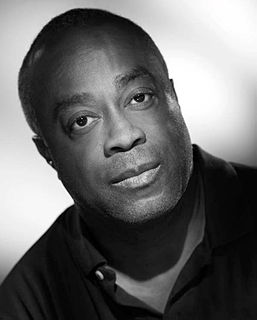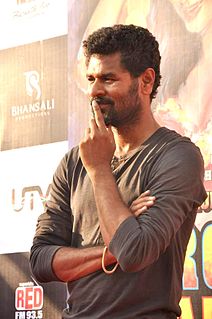A Quote by Jaya Prada
The main advantage Sridevi and I had was that we acted in films which were South remakes. What we had done in the South, we did the same in Hindi.
Related Quotes
South Korea from a country that had relatively little primary education became close to universal literacy in the course of 25, 30 years, in a way trying to replicate what Japan had done earlier. They were learning to some extent from the Japanese experience too. So I think, in a sense, the East Asians were following a path, which all other countries including South Asia could follow but chose not too.
Coming from the South and growing up in L.A. where it was so segregated - worse than the South in many ways - all the people in my neighborhood were from the South. So you had that Southern cultured environment. The church was very important. And there were these folk ways that were there. I was always fascinated by these Southern stories, people would share these mystified experiences of the South. I wanted to talk about folklore.
We were land-based agrarian people from Africa. We were uprooted from Africa, and we spent 200 years developing our culture as black Americans. And then we left the South. We uprooted ourselves and attempted to transplant this culture to the pavements of the industrialized North. And it was a transplant that did not take. I think if we had stayed in the South, we would have been a stronger people. And because the connection between the South of the 20's, 30's and 40's has been broken, it's very difficult to understand who we are.
Most of us who were opposed to the war, especially in the early '60's - the war we were opposed to was the war on South Vietnam which destroyed South Vietnam's rural society. The South was devastated. But now anyone who opposed this atrocity is regarded as having defended North Vietnam. And that's part of the effort to present the war as if it were a war between South Vietnam and North Vietnam with the United States helping the South. Of course it's fabrication. But it's "official truth" now.
When I was in government, the South African economy was growing at 4.5% - 5%. But then came the global financial crisis of 2008/2009, and so the global economy shrunk. That hit South Africa very hard, because then the export markets shrunk, and that includes China, which has become one of the main trade partners with South Africa. Also, the slowdown in the Chinese economy affected South Africa. The result was that during that whole period, South Africa lost something like a million jobs because of external factors.


































